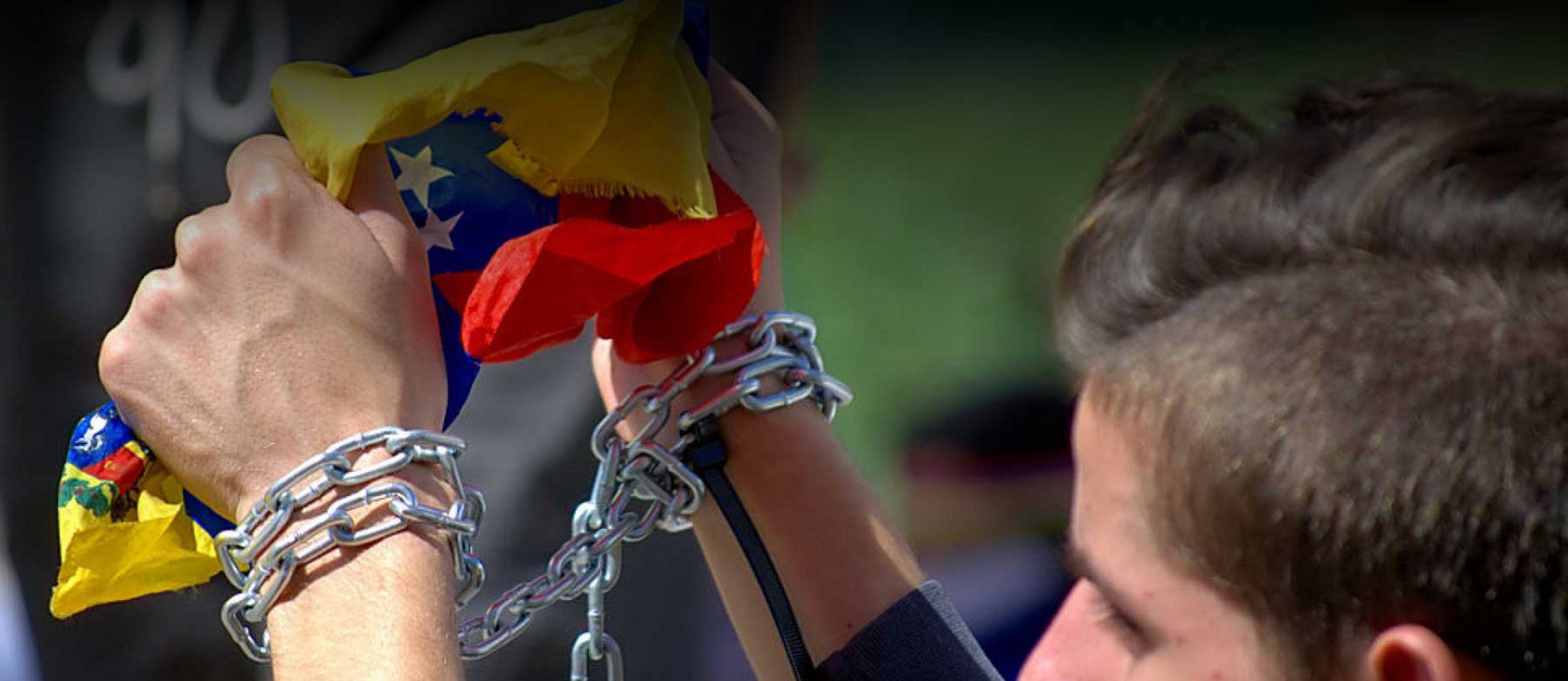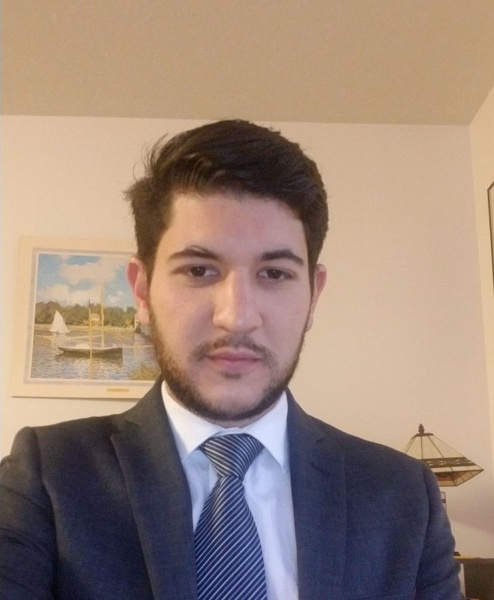The real crisis in Venezuela didn’t start with the late Hugo Chavez. He and President Nicolas Maduro, a dictator in truth, are the inevitable result of more than 40 years of stable economic development combined with a steadily eroding democratic political culture. The 21st Century Socialism advanced by Chavez and now Maduro is the product of four decades of corruption and a bloated bureaucracy that advanced under a democratic system that has been subverted into totalitarianism.
Venezuela started it longest democratic period in 1958, after the overthrow of dictator Marcos Pérez Jiménez. Then, until 1998, the country was led by two left leaning political parties: the Social Democrats and the Social Christians. Venezuela sustained a strong democracy during that time, as demonstrated by that fact that its institutions, and the country’s executive branch, withstood several coup d'etat attempts. During this period of democracy, Venezuela built a strong economy; the fourth largest in the word by 1966 and the richest in Latin America by 1968. But this wealth was built on severe inequality. The political and business elite had forgotten the poorest and most unprotected citizens.
In 1998, the worst political crisis in recent times exploded. It was a protest against an unresponsive and corrupt administration and the unfair distribution of wealth. That crisis was evident in the electoral moment. Two of three presidential candidates came from the non-political world: Irene Sáez, a former Miss Universe, and a military man by the name of Hugo Chavez, who was from a poor family but displayed great charisma and leadership qualities. The third candidate was politician Henrique Salas Römer. Chavez’ electoral campaign in 1998 featured a strong populist theme and he campaigned on three points: first, Chavez said he represented a change for Venezuela -- something different for the country. Second, he whipped up the social resentment between the rich and the poor. He blamed rich people for the economic problems of poor people. Class warfare was his way to create a bond with most Venezuelans and get votes. Third, he promised to change the constitution and restructure other institutions because he said it was necessary to change the Venezuelan system and replace it with socialism.
Chavez won the election with 56 percent of the vote. When he took office in 1999, oil was priced in the $7-$9 per barrel range. By 2005, the price had soared to $100. For the next decade, Chavez used the country’s oil wealth like a rich kid who inherited something he never worked for. With Venezuela’s petrodollars, he advanced a paternalistic state, creating social, economic and political ties through subsidies and purchasing the conscience of the poorest in Venezuela. Until his death in 2013, Chavez set up his 21st Century Socialism by subverting the democracy that allowed him to take power and by stoking class warfare among the poorest in this nation of 31 million. At the same time, Chavez expropriated hundreds of companies, with most of their owners and shareholders never receiving restitution. In the words of opposition leader Maria Corina Machado, “expropriation, in that way, is stealing.” Ever the populist, Chavez gave the control of those expropriated companies to political allies who had no qualifications or experience running businesses. This change of control over viable Venezuelan businesses and industries was probably the single most dangerous action for the country’s economic future (the nation is now experiencing a negative GDP growth rate). What’s more, Chavez took control of currency exchange and dictated how much and for what purpose individuals and businesses could buy and sell. Foreign trade ground to a halt in many sectors. As a result, Chavez destroyed food production in Venezuela.
Today Venezuela has what could be described as an untraditional dictatorship – it takes pains to look like a democracy. Yet it is a totalitarian system. In the words of the congressman Juan Miguel Matheus, it is a cancer that invades each and every area of our social life. In an attempt to show how humane it is, the government recently released more than 50 political prisoners. But the destruction of basic living standards has been severe. In Venezuela, some 12 million people live on a minimum monthly mandated wage which, in April, worked out to $1.61 on the black market exchange rate. Sociologist Maria Gabriela Ponce of the Andrés Bello Catholic University in Caracas estimates that 61 percent of Venezuelans are immersed in extreme poverty. More than 63 percent of Venezuelans have only one daily meal and scenes of people rummaging through the trash on the streets are common. Infant mortality rates have grown exponentially. Because there are no medical supplies or medicines in hospitals, patients with cancer, epilepsy and heart diseases, among others, needlessly die daily. Companies that produce medicine don’t have American dollars to buy raw material. Malnutrition is atrocious. But it is the only possible result in a country with more than 3 million children whose futures have been ruined by 21st Century Socialism.
The Venezuelan crisis today is the result of more than 40 years of corrupt government and false promises that have created a climate of extreme dependence on the government. With people totally dependent on the government, Chavez and now Maduro could manipulate people as they wanted -- keeping a lid on social unrest, but destroying human dignity.
Political solutions to the current crisis are not in sight. The Maduro government has divided the opposition and told the people that its opponents are of two kinds: Some are profiting by connections with politicians; the others are bloodthirsty and want to destroy democracy with a civil war. Few then have any hope of finding a politician who can unite the country. Venezuela needs new ways of thinking to restore true democracy. It needs a new generation of political leaders with strong moral character who understand how socialism corrodes and corrupts human dignity.




